On Air Now
The Chris Moyles Show 6:30am - 10am
21 February 2025, 19:00
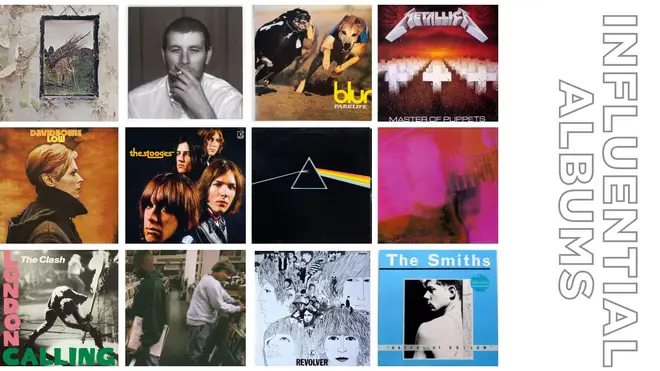
Which albums changed the world? Which artists have broken barriers musically? Radio X picks 25 of the best.
There's a select number of albums that have actually reshaped music history. They've either revolutionised studio production and songwriting, formulated the idea of the concept album or offered a pivotal shift in the development of rock music, altering the trajectory of moden music. These albums not only resonated in their time but left an enduring impact on subsequent generations.

The Manchester band were another in the long line of snotty punks, but as they progressed their songwriting became deeper and more intriguing. Throw in the visionary production genius of Martin Hannett and you have a unique musical landscape that inspired countless "long raincoat" bands.
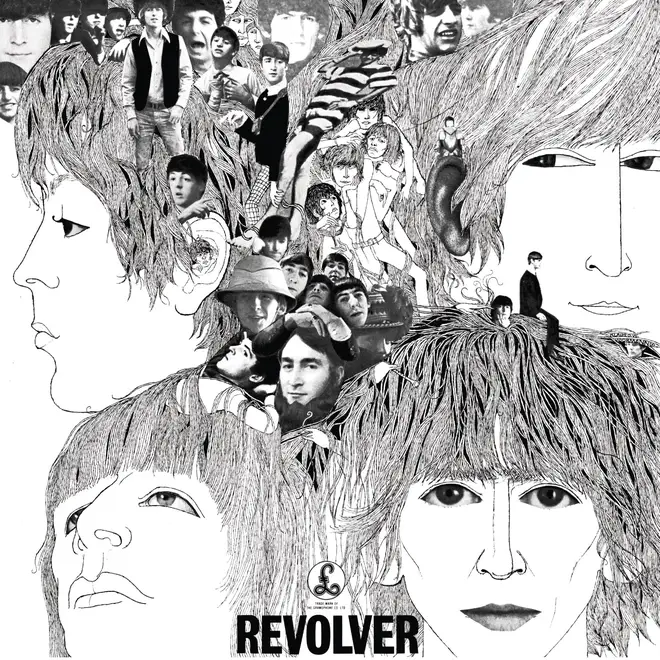
Sgt Pepper may be acclaimed as the Fab Four's masterwork, but in terms of a major step in the band's songwriting and production, their 1966 LP is way out in front. From George Harrison's dip into the world of Indian music on Love You To, via the impossibly versatile Paul McCartney songbook (For No One, Got To Get You Into My Life) to the John Lennon's apocalyptic, psychedelic finale Tomorrow Never Knows, this changed the face of pop music forever.
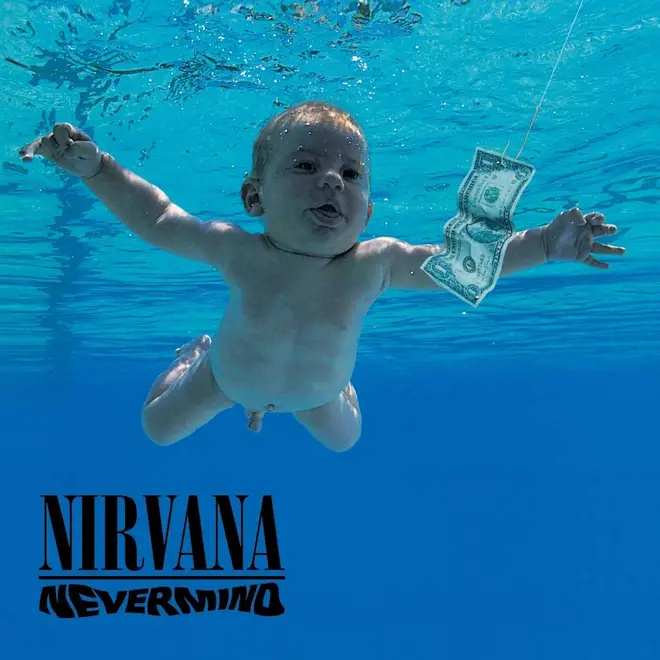
A select few albums can say that they defined a generation, and Nevermind is absolutely one of them. Taking the uncompromising thrash of their debut Bleach, producer Butch Vig gave a gleaming polish to the band's songs, making them accessible to millions. Smells Like Teen Spirit was an instant anthem, but the rest of the album is assured and confident.
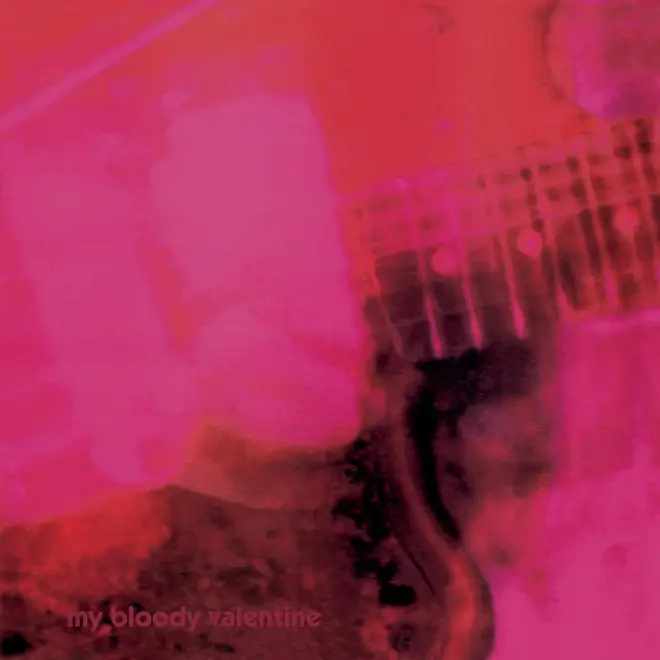
Lazily tagged as "shoegaze", My Bloody Valentine's music was difficult to categorise, impossible to pigeonhole and, on occasion, challenging to listen to. The sonic world created by Kevin Shields and his wall of sound was both impenetrable and accessible at the same time. It was such a remarkable record, it took him over 20 years to follow it up.
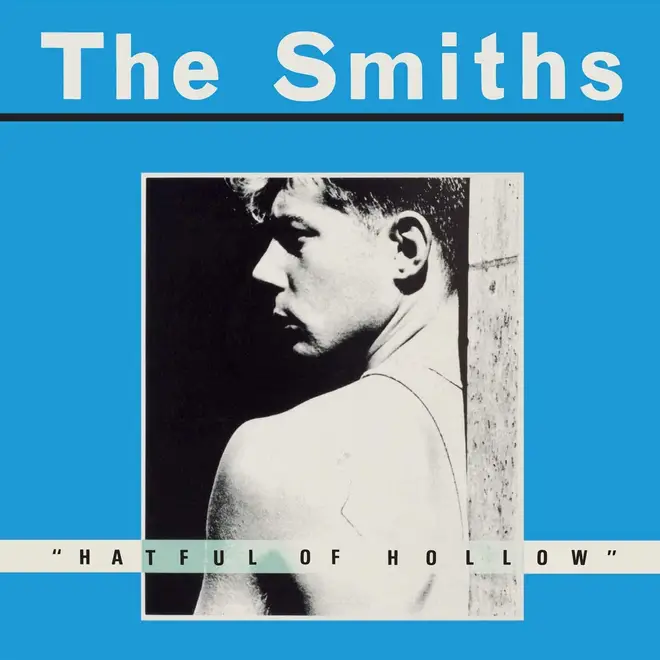
While the mainstream charts were embracing the New Pop of Frankie Goes To Hollywood and Wham!, Morrissey and Johnny Marr were planning an assault on their vacuous, glitzy world. It was led by jangling 1960s-influenced guitars, flowers and good old-fashioned songwriting. While The Queen Is Dead was The Smiths' classic album, this collection of singles, b-sides and radio sessions established a manifesto that would be copied by dozens of bands: a humane reaction to the empty world of pop and the emotionally cold sound of post-punk. More than any studio album, this compilation sets the template for indie music for the next ten years.
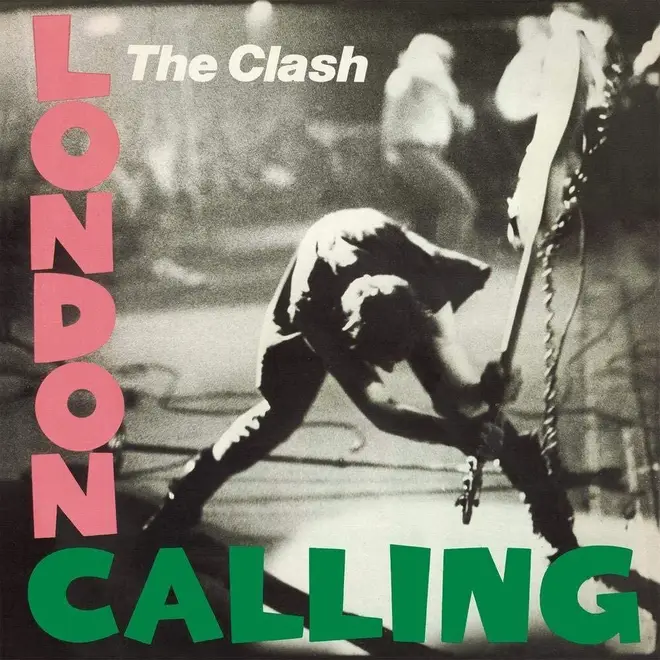
It's hard to imagine now, but punk was seen as a trend that wouldn't live on beyond the landmark year of 1977. The Clash proved them wrong - they signed to a major label and survived, they had chart success and retained their credibility… and they didn't implode like the Sex Pistols did. Their third album was a very un-punk like double LP that appeared in the dying days of the 1970s. It drew on influences like reggaeand proved that punk could have artistic longevity and a social conscience.
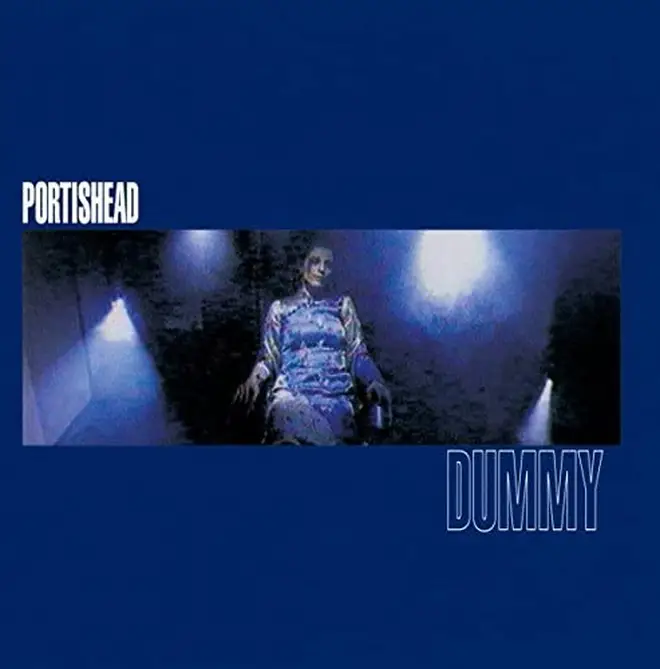
While dance music was moving in a more manic direction in some areas - jungle, which would would morph into drum 'n' bass among other things - the Bristol trip hop scene was producing something more down-tempo. The frail vocals of Beth Gibbons complimented the eerie atmosphere concocted by Geoff Barrow and Adrian Utley.
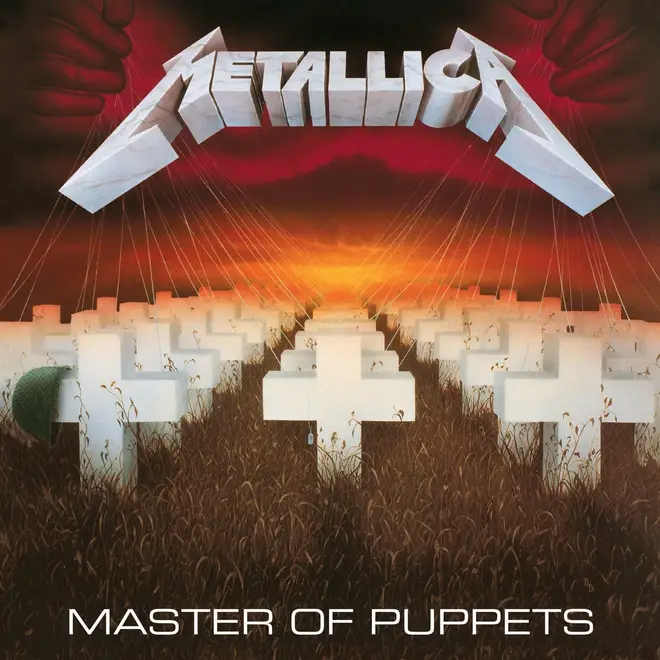
In the early 1980s, heavy metal meant either earnest young men from Sheffield dressed in denim, or ludicrous young men from Los Angeles dressed in spandex. Metallica took their cue from hardcore punk: their version of metal was sped up, confrontational and dealt in weighty issues like politics, death and morality. Their third album inspired a generation of kids - and other bands - to take their music seriously.
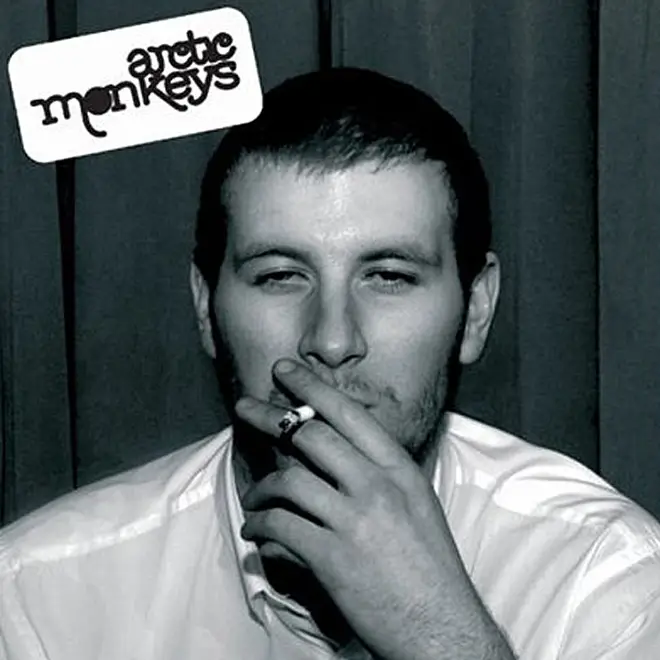
In among a torrent of what some people uncharitably called "indie landfill", the first Arctic Monkeys album was a bolt of lightning… from Sheffield. Alex Turner's arch lyrics displayed a thoughtful and perceptive take on British culture, while the music was direct, invigorating and undoubtedly self-assured.
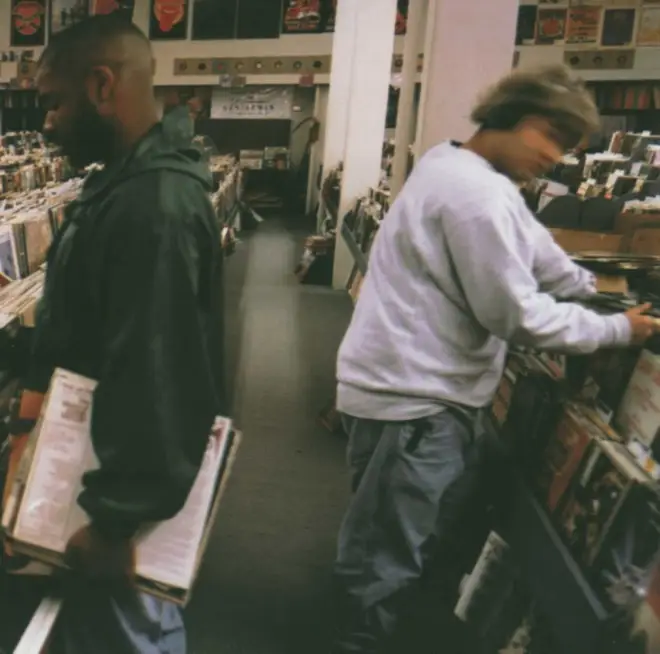
Turntablism had existed long before Shadow came along, but his debut album was such a complete and definitive example of the form that it created a whole new wave of producers who mixed and mashed samples like virtuoso musicians. And it worked as a whole album, too.
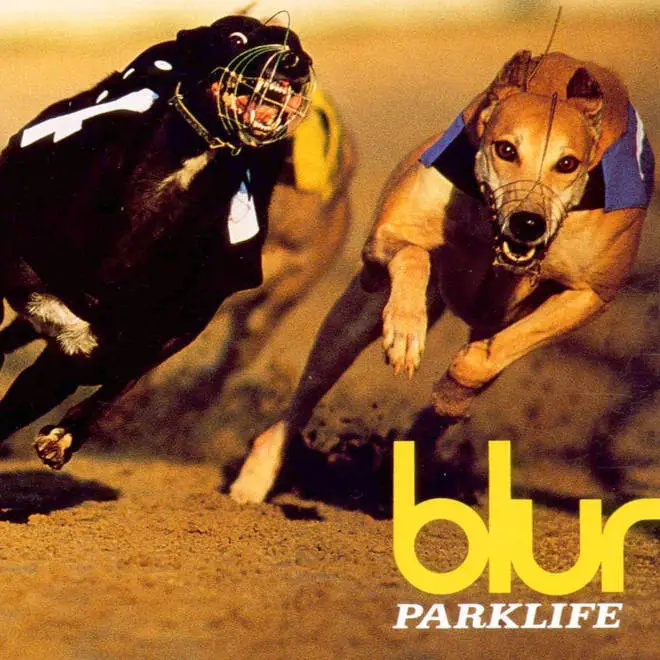
While the term Britpop had been bandied about the previous year, Blur's third album became the calling card of the new wave of music coming from the isles. While undoubtedly nostalgic for a romanticised view of Britain, it also tapped into the zeitgeist with wry observations on modern life, from the raucous Girls And Boys to the comical title track. It spawned countless imitations, but this was the original and best.
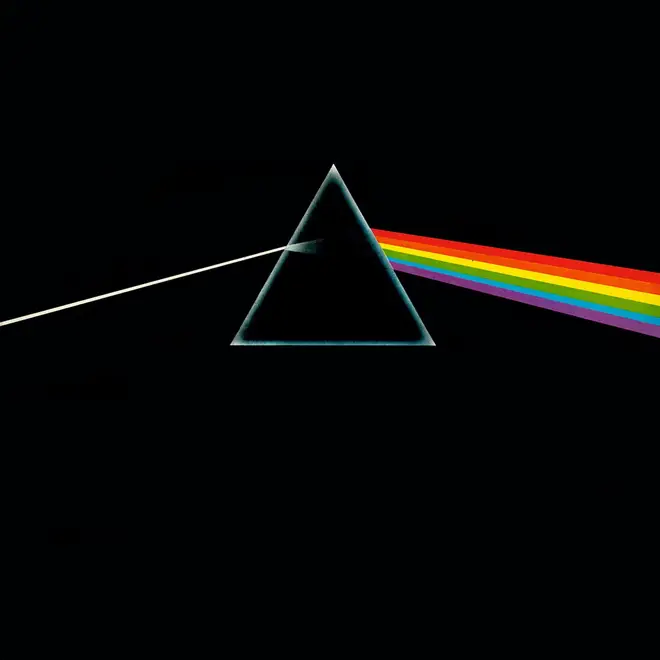
The Floyd had done "concept" albums before… but there was something about the unsettling but thoughtful lyrical content and the polished sonic experimentation that hit home with millions of record buyers. A milestone in "progressive" rock, it influenced Radiohead, The Flaming Lips, Muse and anyone else who liked to get a bit ambitious.
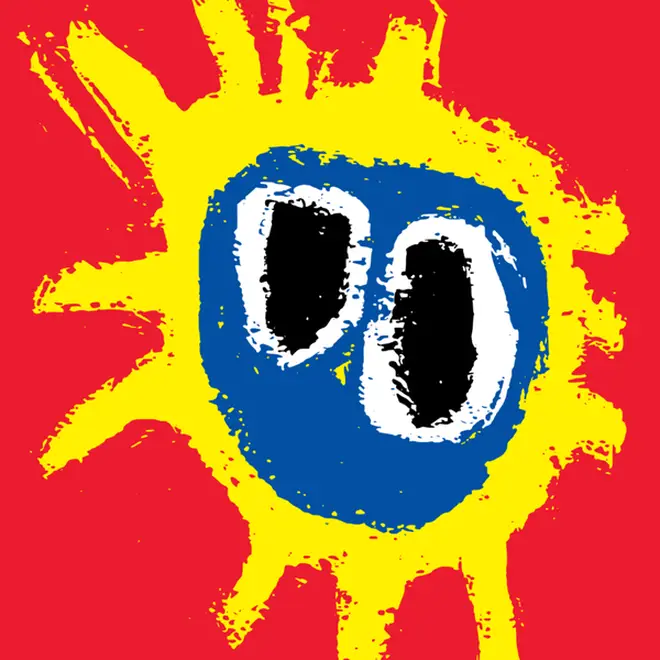
In the wake of The Stone Roses' impressive debut, many bands embraced the "indie dance" idea, but it was the Scream that defined the genre. By hooking up with remixer and DJ Andy Weatherall, the band ditched their ropy garage rock roots and dragged their skinny asses onto the dance floor. They also added a touch of psychedelic mysticism that sat well with rave culture.
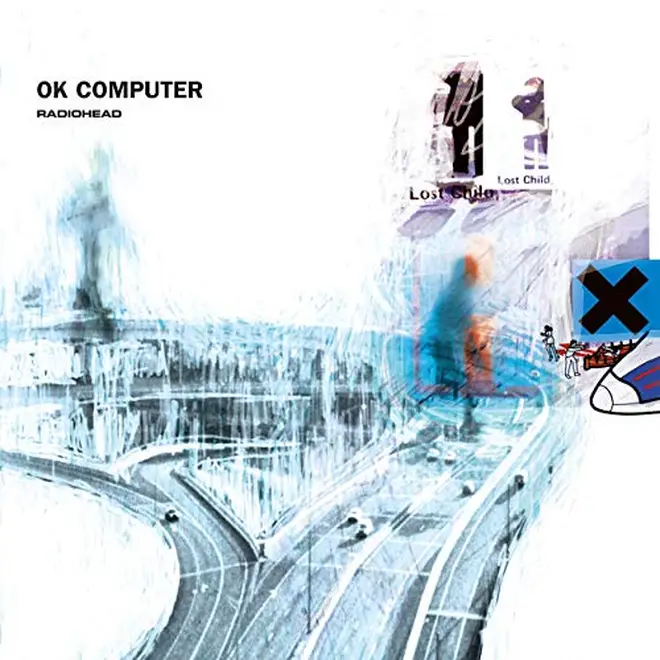
Struggling to avoid the trap of Just Another Guitar Band following the release of their debut album Pablo Honey, Oxford's finest made huge steps on 1995's The Bends. But it was the follow-up that made them one of the most innovative bands of the 90s. The experimentation that led to ambitious tracks like Paranoid Android and No Surprises made this an instant classic.
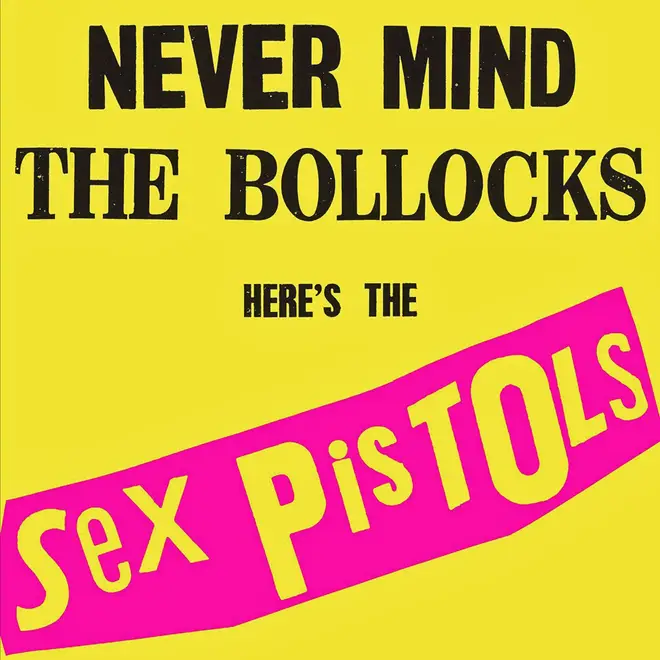
It was pretty much all over bar the shouting for the Pistols by the time their one and only studio album arrived at the tail end of the turbulent year of '77. But it includes some of the key songs of the era that smashed British music out of its complacent fog: Anarchy In The UK, God Save The Queen and more.
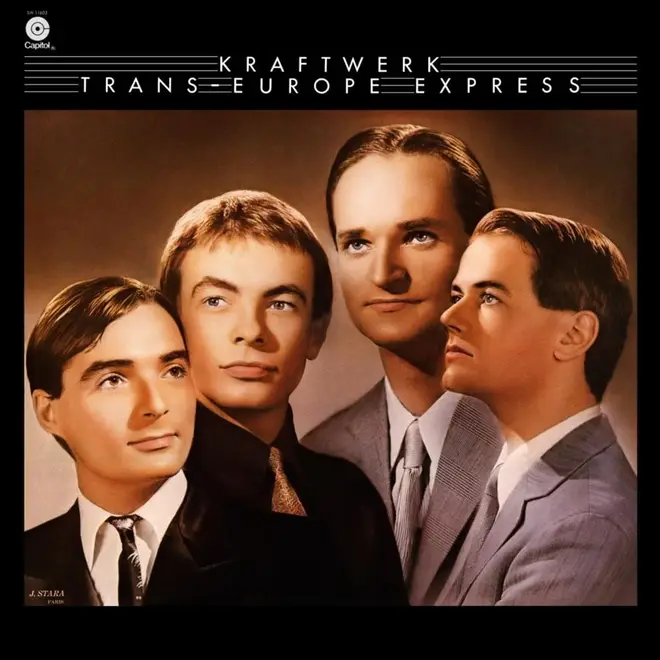
The Dusseldorf electronic music powerhouse really hit their stride with this conceptual 1977 album that takes a train journey across Western Europe to the soundtrack of metallic, industrial beats. Future hip hop stars would sample it to death. Influence on: Joy Division/New Order, Daft Punk, LCD Soundsystem and anyone who's ever used a drum machine.
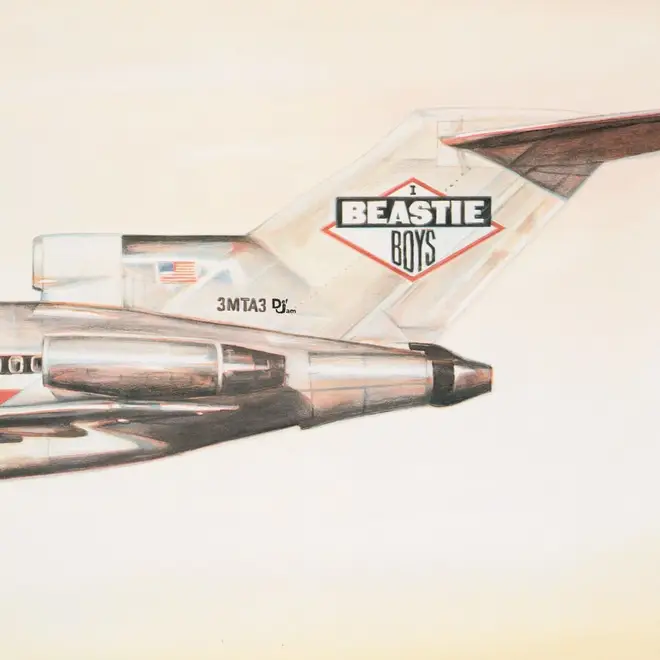
The Beasties weren't your usual purveyors of hip hop in the mid-1980s: they were three rather well-off white guys that sampled classic rock riffs, most notably on the hit (You Gotta) Fight For Your Right (To Party). But it was this genre-hopping that made their debut album one of the records that broke the music in with a whole new audience.
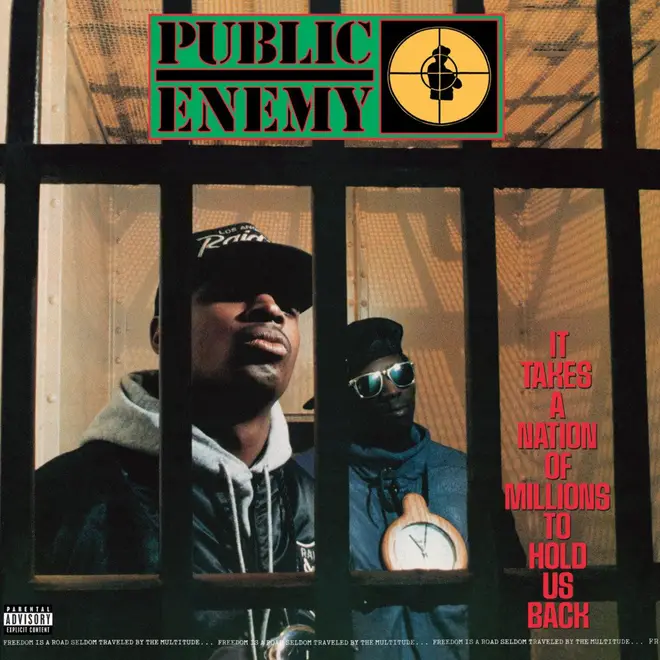
The hip hop collective's second album was the definitive moment that rap stopped being a novelty and became a true art form. Tracks like Bring The Noise and Don't Believe The Hype gave the music a voice and a conscience.
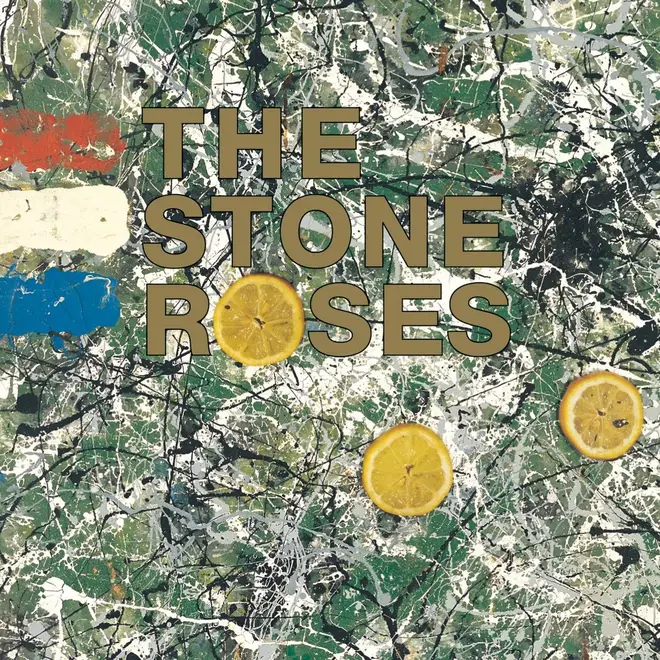
While the nation was either gazing at their shoes or heading for the dance floor, the Roses combined the two: they added a spoonful of classic psychedelia to a heady mix of classic guitar tunes and shuffling beats.
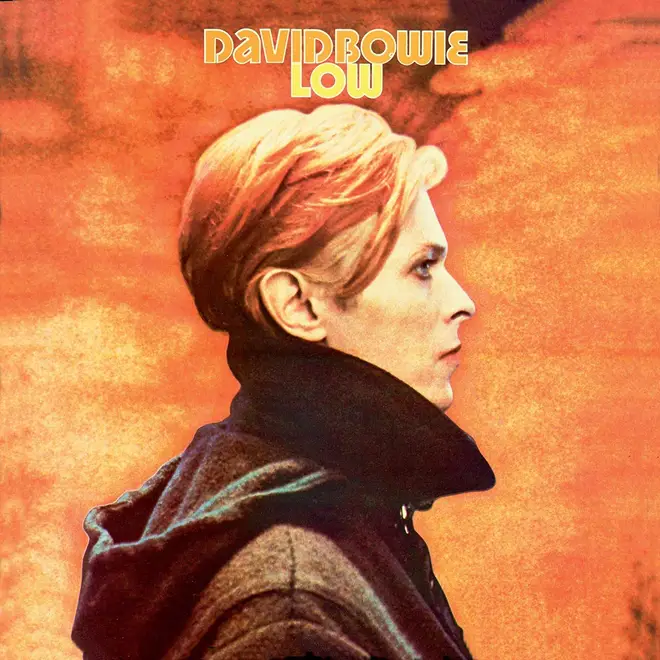
Inspired by Kraftwerk's modernist approach and wanting to get his head straight, the Thin White Duke upped sticks to Berlin and entered one of the most creative periods of his career. The clean, atmospheric sound - courtesy of producer Brian Eno - informed much of the post-punk music that was to follow. Influence on: Joy Division, Gary Numan, The Cure and anyone who likes to pose in a Teutonic way.
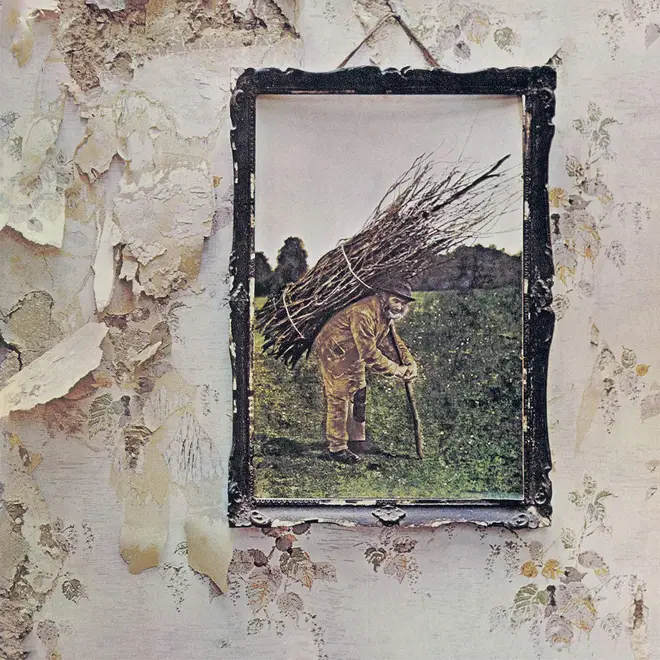
Black Sabbath may have invented heavy metal with their self-titled debut, but Zeppelin made heavy rock a thing. Robert Plant was the caterwauling, sexually-charged frontman, Jimmy Page was the virtuoso guitarist, John Bonham was the wild man drummer and John Paul Jones was the Quiet One. Their fourth album was a stadium rock masterclass, from the brutal drum assault of When The Levee Breaks, through the mystical power of Stairway To Heaven and the no-nonsense 50s throwback Rock & Roll. Queen would not have existed without this record.
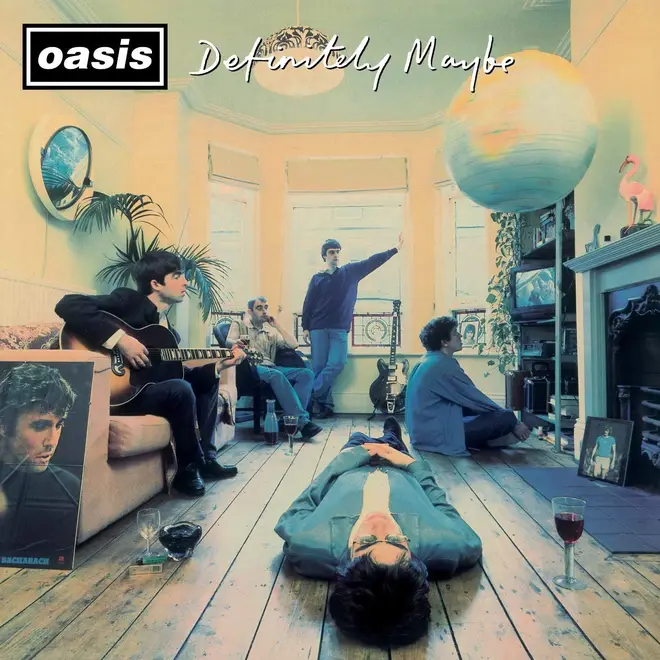
Definitely Maybe may superficially appear to be simple, no-nonsense rock and roll, but it's really all about the attitude. While much of Britain was either in the club or in the mosh pit, Oasis made it acceptable to rock out again without trying to pretend to be American, continuing a lineage that reached back to the days of The Kinks and The Who. British music would never be the same again.
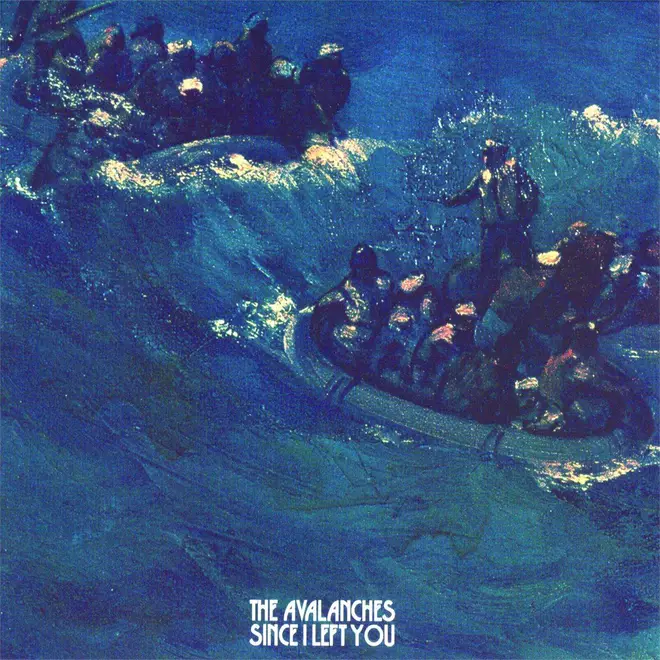
Sample culture took an unprecedented step into the unknown when this Australian collective released their copyright-baiting compilation Gimix. Since I Left You saw them go legit with a riotous collection of sounds, samples, scratches and riffs. As the explosion of the internet made cutting and pasting so much easier, this was a lesson in audio collage for a lot of people.
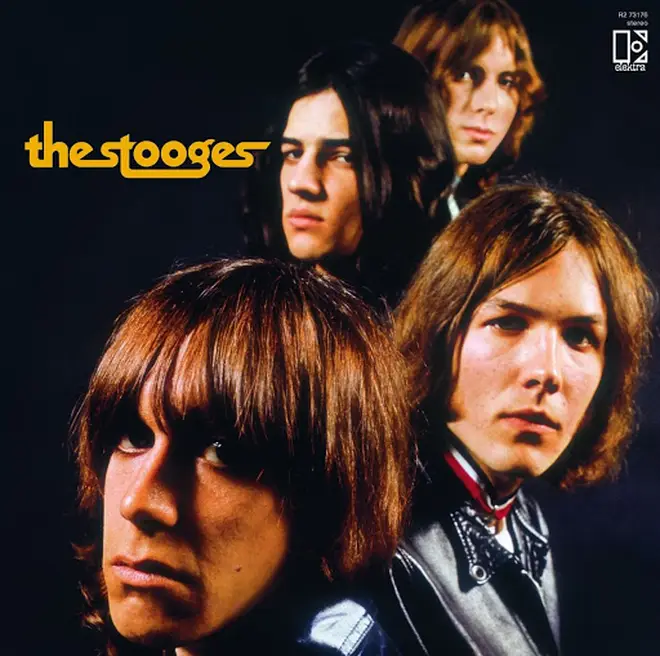
Recorded in 1969 at the death of garage rock, this primeval slab of no-nonsense teenage angst saw frontman Iggy Pop express his frustrations to a stomping beat and relentless, moronic guitar riffs. The punks - both in the US and the UK - were listening.
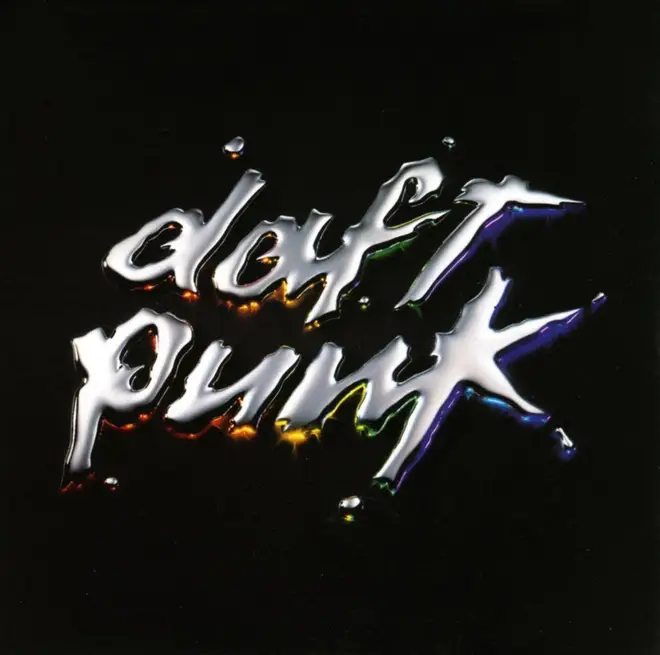
The French duo of Thomas Bangalter and Guy-Manuel de Homem-Christo took the lessons learned from the house music of the 80s, added some 90s technology spin and sampled a shed-load of 1970s disco records. The result was the world-beating Discovery, their second album that gave the world repetitive beats like they'd never heard before.